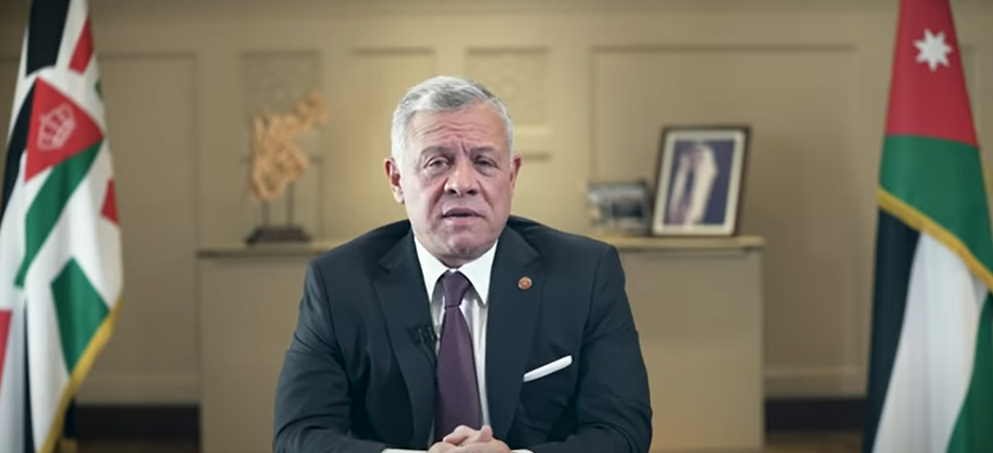The Jordanian Parliament has initiated discussions on the bill, which aims to limit freedom of expression in the country, sparking unrest among the younger generation and opposition parties.
The law was introduced by the Jordanian government, following the directive of the Jordanian royal house, raising suspicions of an attempt to silence critics and protect corrupt officials and the government system.
Currently ranked 146th in the world out of 180 countries in terms of freedom of expression, Jordan’s position is expected to deteriorate further if the law is passed in parliament.
The law’s enactment could label the government in Jordan as an “enemy of democracy,” causing significant concern, particularly among the younger generation.
The response from the American administration, known for advocating human rights and democracy globally, has not been heard despite the close relationship between President Biden and King Abdullah.
The proposed law introduces harsh penalties, with violators facing up to 3 years of imprisonment and fines of up to $70,000.
Opposition sources claim that the Jordanian royal house ordered the law’s submission to parliament, considering it the worst law in the history of the Hashemite kingdom.
Even journalists, press outlets, and publishers will face restrictions, hindering any criticism of the government system and its leaders, leading to suspicions that political survival takes precedence over democracy for many members of parliament.
Officials in Jordan link the introduction of the law to the country’s severe economic crisis, fearing that free media and social network criticism may fuel significant protests.
Jordanian journalists abroad have already begun criticizing the law in articles, with journalist Suheir Jaradat’s recent article in “Rai Alyoum” titled “They Want a Silent Kingdom” sharply denouncing the new legislation.
Jaradat warns that the law could turn the Jordanian people into a fearful and submissive population, damaging the country’s international reputation and regressing to the 1950s.
Popular and political criticism, particularly from the “Islamic Labor Front” party, a branch of the “Muslim Brotherhood” movement, is directed at Jordanian Prime Minister Bisher al-Hasawneh, despite him merely carrying out the instructions of the Jordanian royal house.
Public dissatisfaction with King Abdullah has grown, as citizens who were promised governmental reforms, transparency, and openness now fear prosecution or financial penalties for legitimate criticism voiced on social networks.
Unrest is palpable in the streets of Jordan, with current and retired politicians, journalists, and social activists protesting against the law and viewing it as a tool to suppress their views and infringe upon human rights and freedom of expression, in violation of Article 15 of the Jordanian Constitution.
Jordanian social networks are buzzing with opposition to the law, as ten parties, hundreds of journalists, and political activists have signed a petition calling for its withdrawal.
They request a meeting with King Abdullah to discuss the implications of the “dangerous law” for Jordan.
While King Abdullah may meet with representatives of the parties, doubts remain about the possibility of him cancelling the law.
He appears focused on maintaining his seat and rule while keeping protests over the difficult economic situation at a low level.
Consequently, he may have initiated the law without leaving any fingerprints on it.




